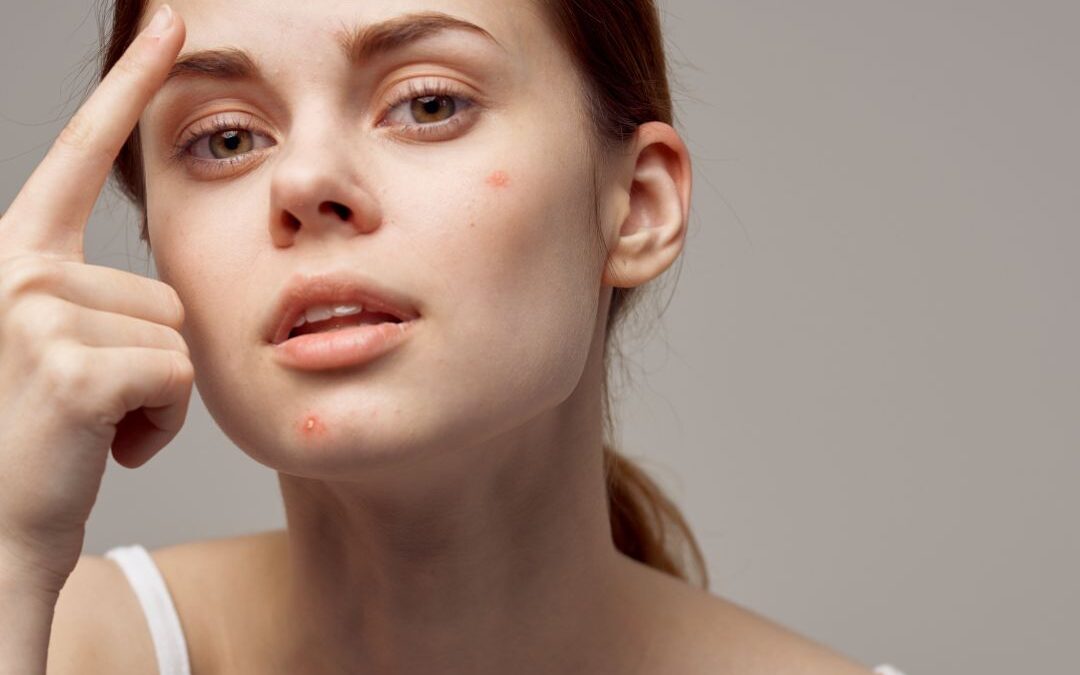Acne Dermatology: Understanding, Treatment, and Management
Introduction to Acne: A Common Dermatological Challenge
Acne, a prevalent dermatological condition, affects individuals across ages and demographics. From teenagers navigating puberty to adults combating hormonal shifts, acne can manifest in various forms, impacting both physical appearance and emotional well-being. Understanding the causes, types, and effective treatments for acne is crucial for individuals seeking to manage this condition effectively. In this comprehensive guide, we delve into the intricacies of acne dermatology, offering insights into its underlying mechanisms and outlining strategies for successful treatment and management.
Understanding Acne: Causes and Types
- Causes of Acne: Acne arises from a complex interplay of factors, including hormonal fluctuations, genetics, excessive sebum production, bacteria (Propionibacterium acnes), and inflammation. These elements converge to trigger the formation of comedones (clogged pores), which can develop into various types of acne lesions.
- Types of Acne Lesions:
- Comedones: These non-inflammatory lesions occur when hair follicles become clogged with oil and dead skin cells. Comedones may present as blackheads (open comedones) or whiteheads (closed comedones).
- Inflammatory Acne: Inflammation plays a pivotal role in the development of inflammatory acne lesions, which include papules, pustules, nodules, and cysts. These lesions are characterized by redness, swelling, and tenderness, often causing discomfort and leaving behind post-inflammatory hyperpigmentation or scarring.
Treatment Approaches for Acne: Targeting Underlying Causes
- Topical Treatments: Topical medications, such as retinoids, benzoyl peroxide, salicylic acid, and antibiotics, are commonly prescribed to target acne lesions directly. These agents work by unclogging pores, reducing inflammation, and inhibiting bacterial growth, thereby promoting clearer skin.
- Oral Medications: In cases of moderate to severe acne, oral medications may be recommended to address underlying hormonal imbalances or systemic inflammation. Oral contraceptives, spironolactone, isotretinoin (Accutane), and oral antibiotics are among the options available to dermatologists for managing acne effectively.
- Procedural Interventions: Dermatological procedures, such as chemical peels, microdermabrasion, laser therapy, and corticosteroid injections, can complement traditional treatments by targeting acne lesions, improving skin texture, and reducing the risk of scarring.
Holistic Management of Acne: Beyond Medical Interventions
- Skincare Regimen: Establishing a consistent skincare routine tailored to one’s skin type and specific concerns is essential for managing acne effectively. Gentle cleansing, exfoliation, hydration, and sun protection are fundamental steps in maintaining skin health and minimizing acne flare-ups.
- Diet and Lifestyle Modifications: While diet alone may not be a primary cause of acne, certain foods and lifestyle factors can exacerbate existing acne or trigger new breakouts. Avoiding high-glycemic index foods, dairy products, and excessive consumption of processed sugars and fats may help reduce acne severity. Additionally, managing stress levels, getting an adequate amount of sleep, and incorporating regular exercise into one’s routine can promote overall well-being and contribute to clearer skin.
Navigating Acne: A Journey Towards Clearer, Healthier Skin
Living with acne can be challenging, but with the right knowledge, resources, and support, individuals can effectively manage this dermatological condition and achieve clearer, healthier skin. By understanding the underlying causes of acne, embracing evidence-based treatments, and adopting holistic approaches to skincare and lifestyle, individuals can navigate their acne journey with confidence and resilience. Consulting with a qualified dermatologist is crucial for personalized assessment and treatment recommendations, ensuring optimal outcomes and long-term skin health.


